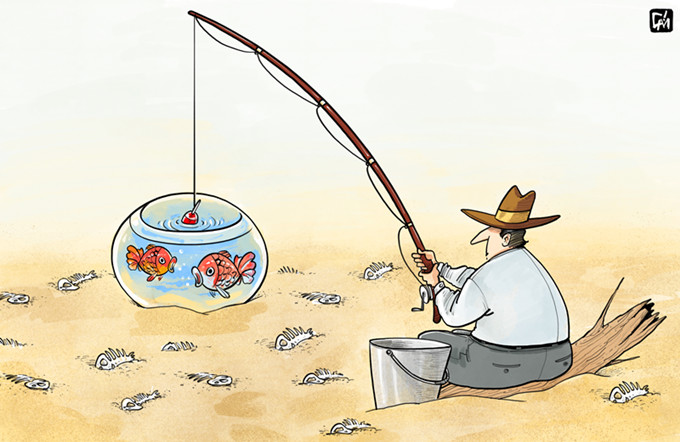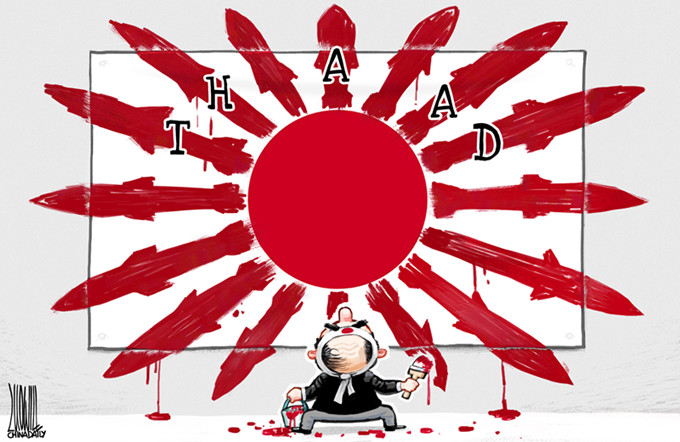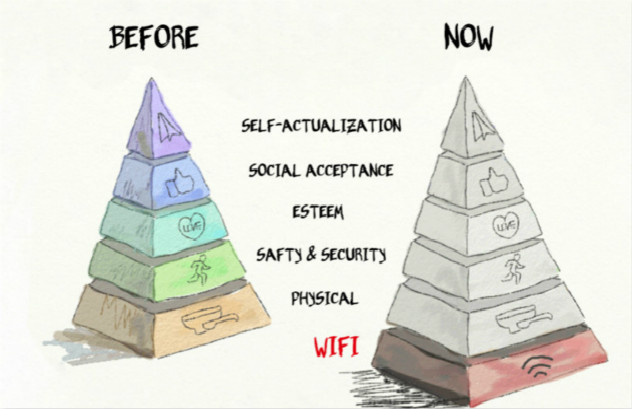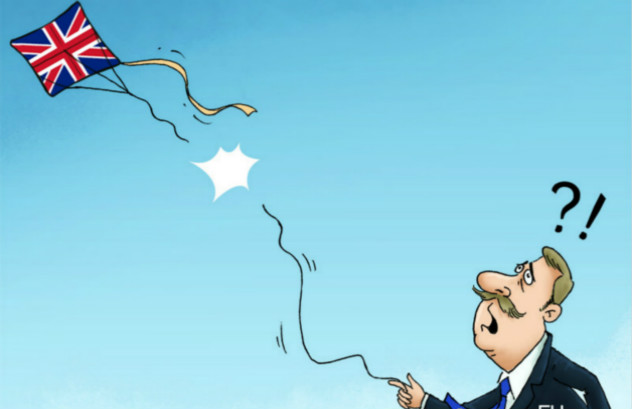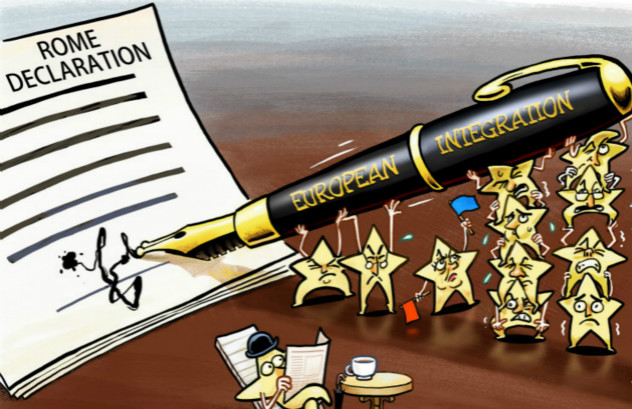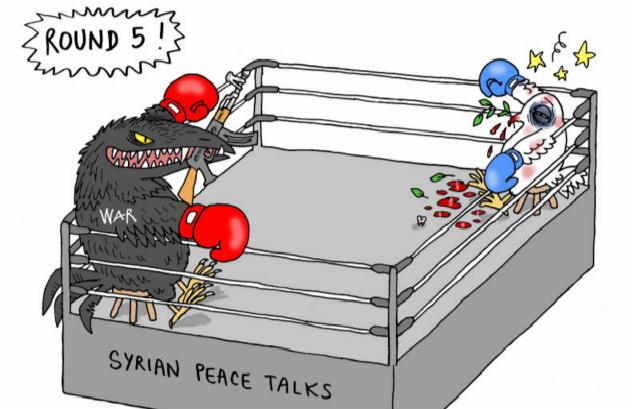Meeting challenges in measuring GDP
Does that mean that we really don't know anything about what works (and what doesn't) in development?
Not at all, researchers have long used techniques like periodic household surveys to collect data. For example, the Demographic and Health Survey is conducted regularly to determine things like childhood and maternal death rates. Moreover, economists are using new techniques like satellite mapping of light sources to inform their estimates of economic growth. Although such methods are not perfect, they also are not susceptible to the same problems as GDP.
Other ways to measure overall living standards in a country are similarly imperfect; but they nonetheless provide additional ways to understand poverty. One, called the Human Development Index, uses health and education statistics in addition to GDP. Another, the Multidimensional Poverty Index, uses 10 indicators, including nutrition, sanitation, and access to cooking fuel and water. And, by using purchasing power parity, which measures the cost of the same basket of goods and services in different countries, economists can adjust GDP to gain a better insight into living standards.
Yet it is clear to me that we need to devote greater resources to getting basic GDP numbers right. As Jerven argues, national statistics offices across Africa need more support so that they can obtain and report timelier and more accurate data. Donor governments and international organizations such as the World Bank need to do more to help African authorities produce a clearer picture of their economies. And African policymakers need to be more consistent about demanding better statistics and using them to inform decisions.
I'm a big advocate for investing in health and development around the world. The better tools we have for measuring progress, the more we can ensure that those investments reach the people who need them the most.
Bill Gates is co-chair of the Bill & Melinda Gates Foundation. Project Syndicate.
(China Daily 05/08/2013 page8)


